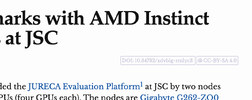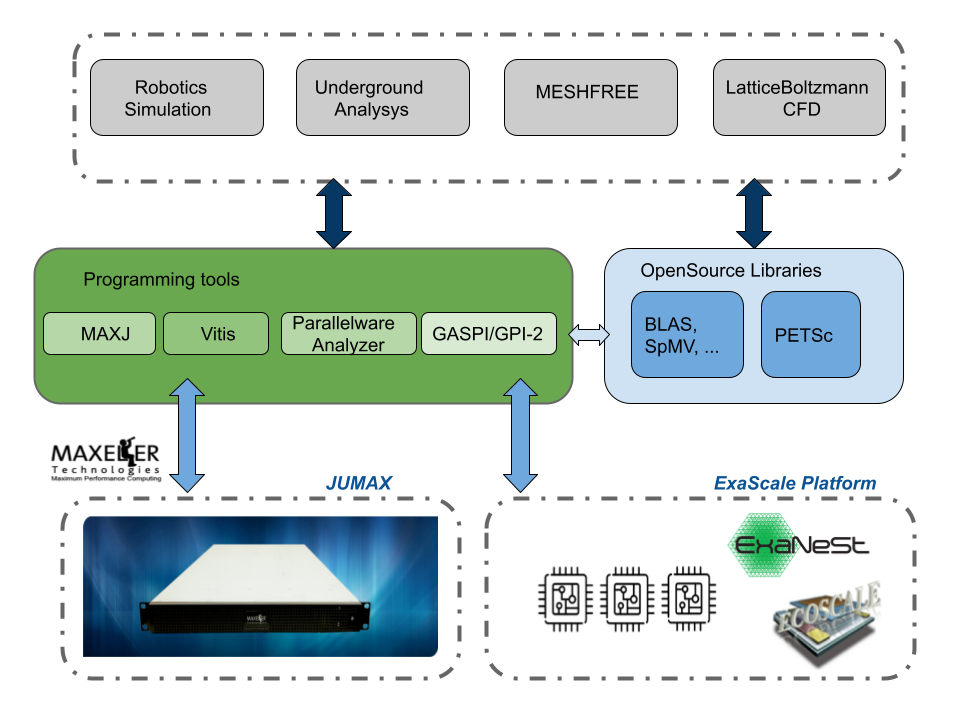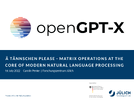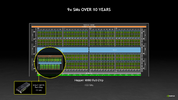
TL;DR: I held a HPC intro talk. Slides are below. In MAELSTROM, we connect three areas of science: 🌍Weather and climate simulation with 🤖Machine Learning methods and workflows using 📈HPC techniques and resources . Halfway into the project, we held a boot camp at JSC to teach this Venn diagram to a group of students a few days ago. Some were ML experts, but had never used a HPC system.





